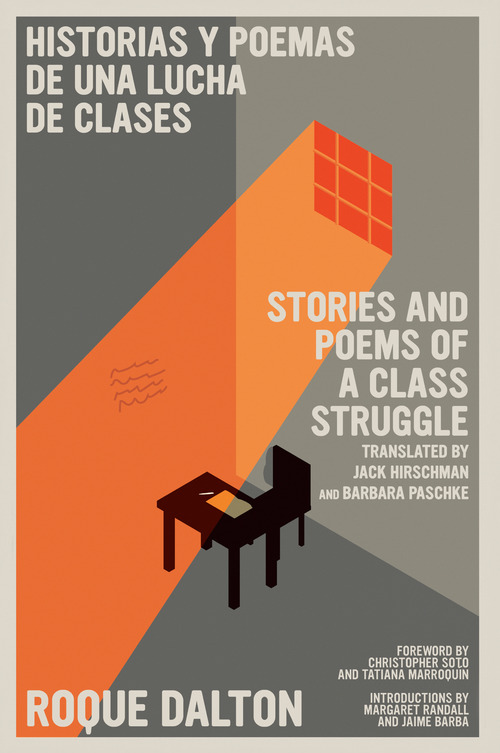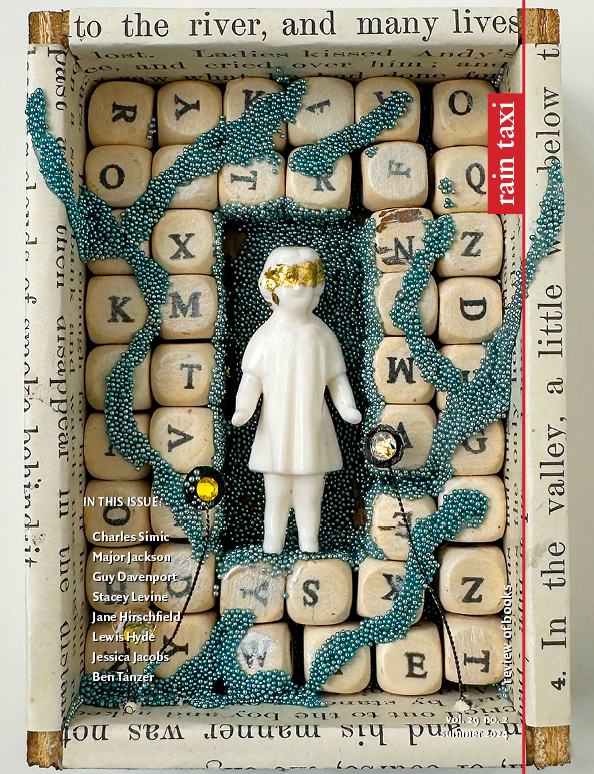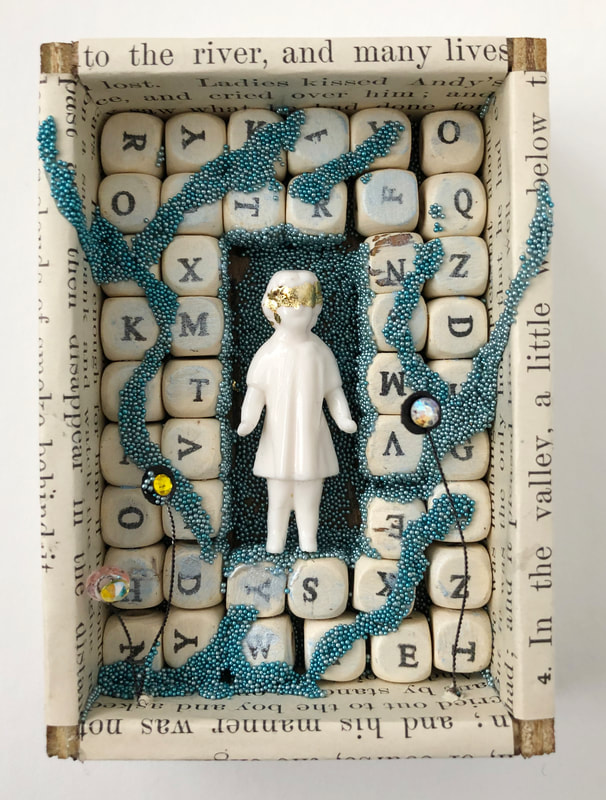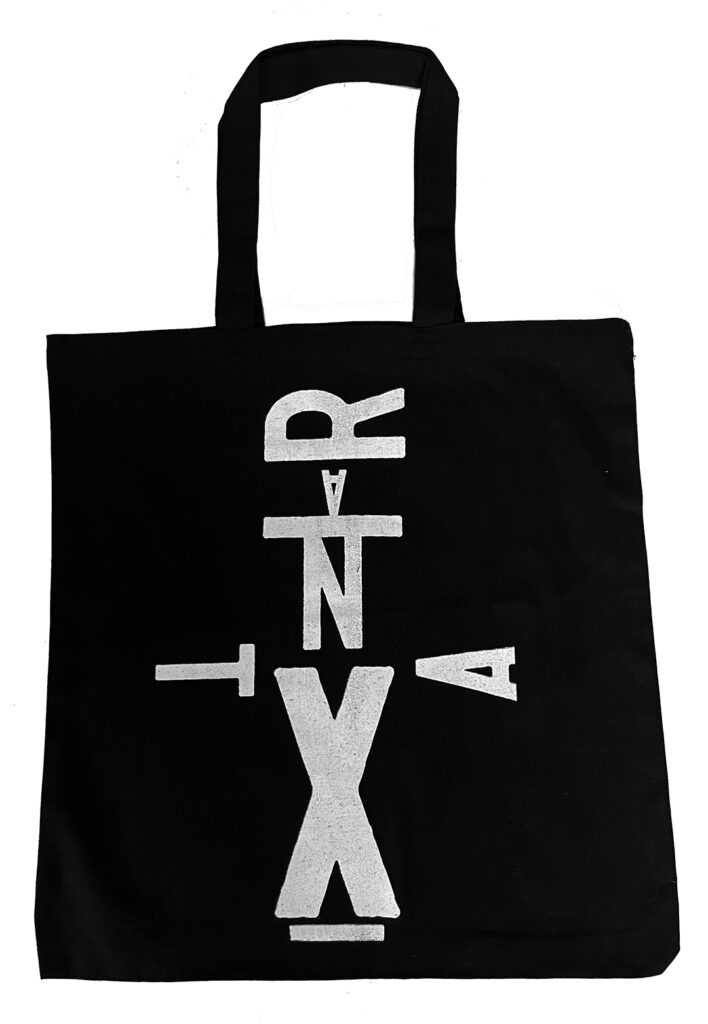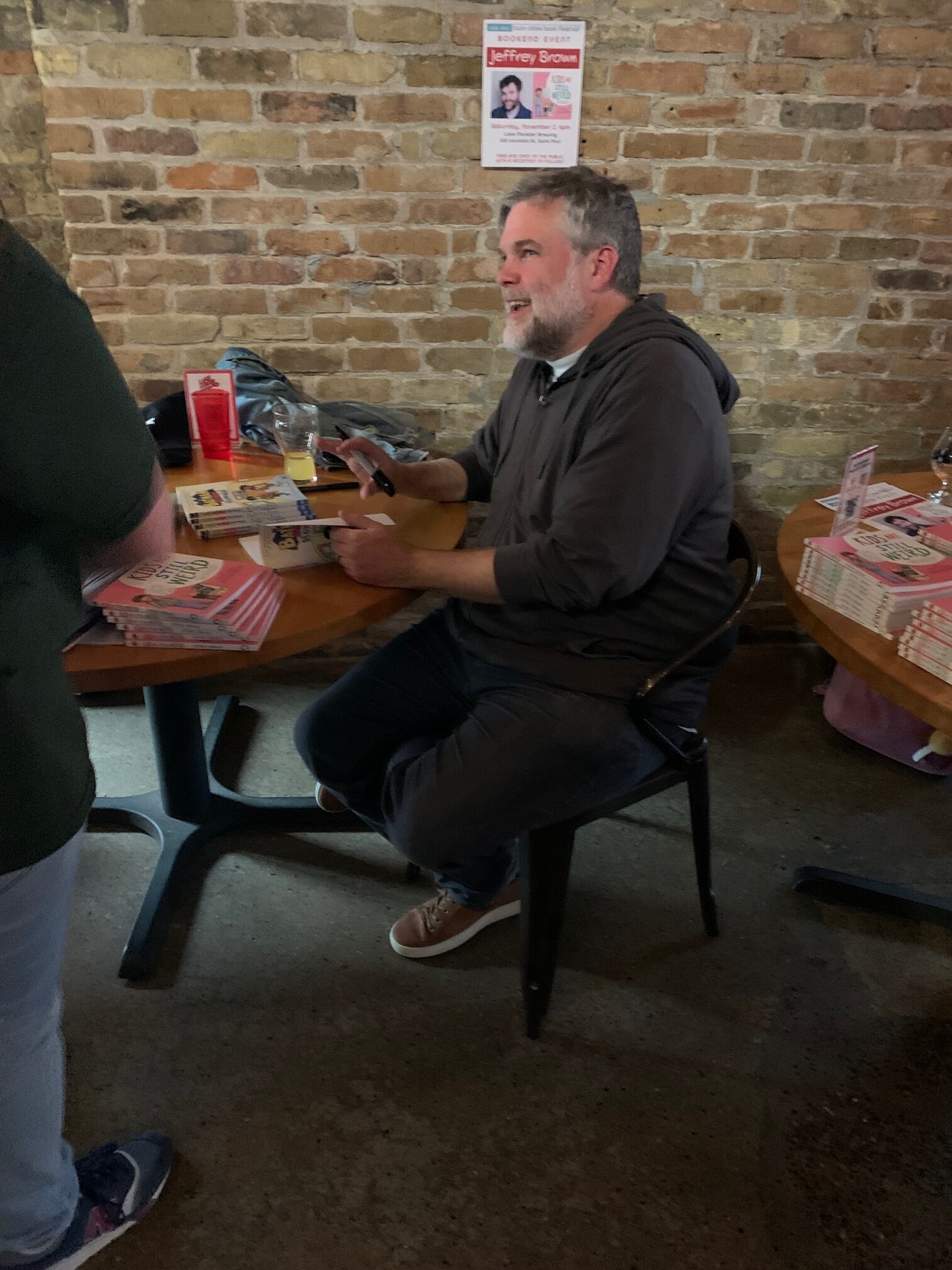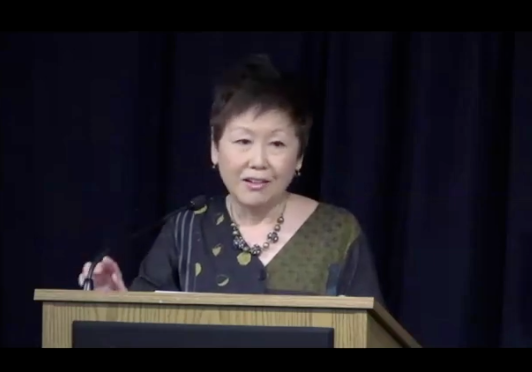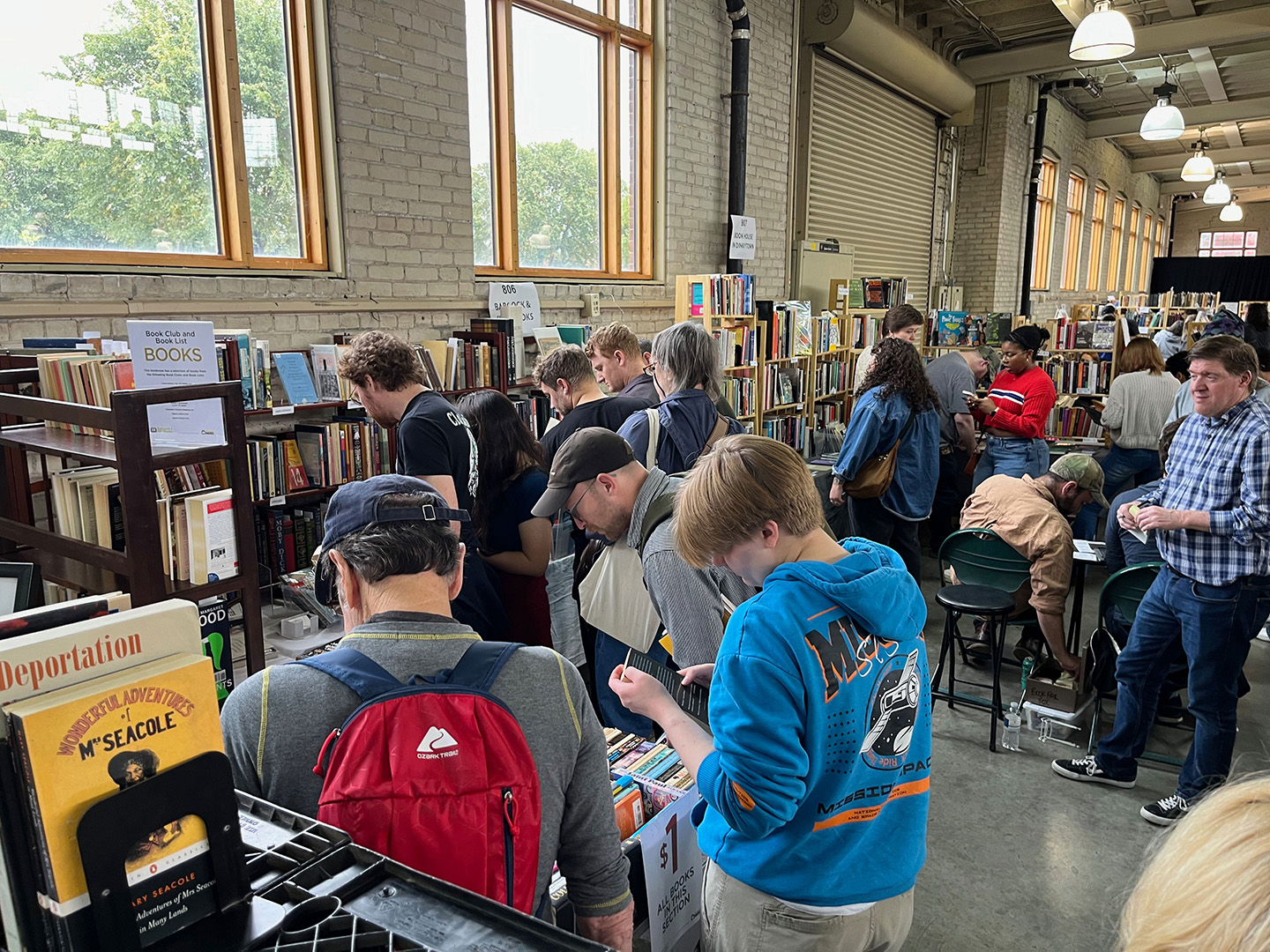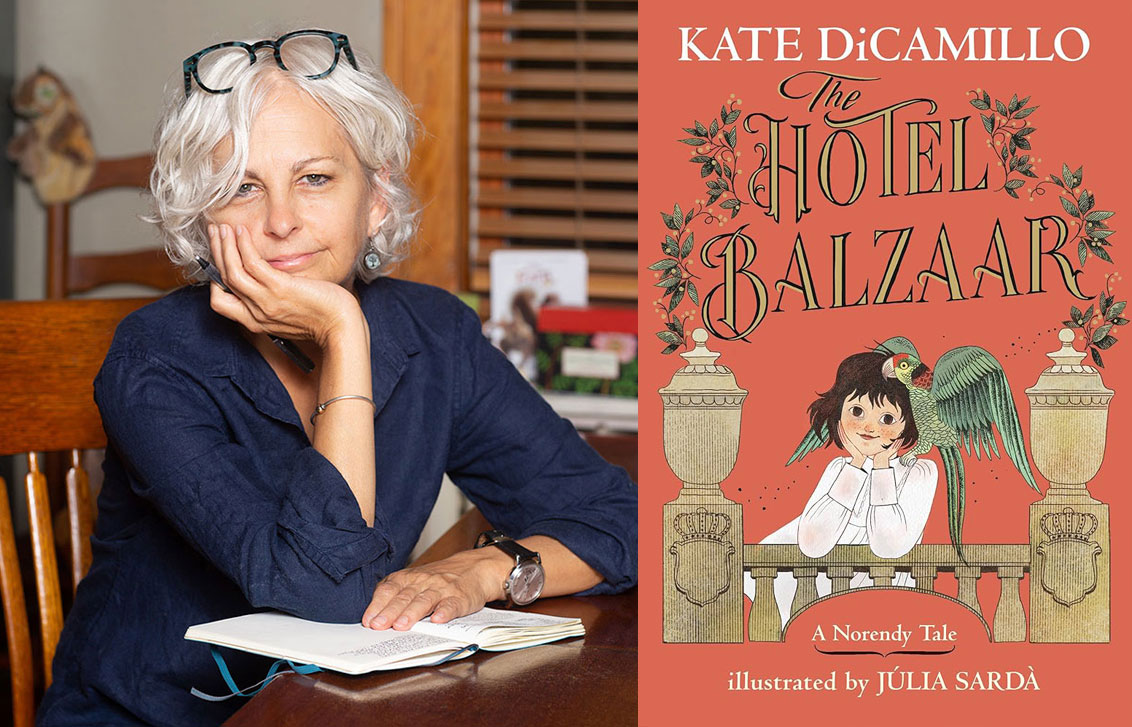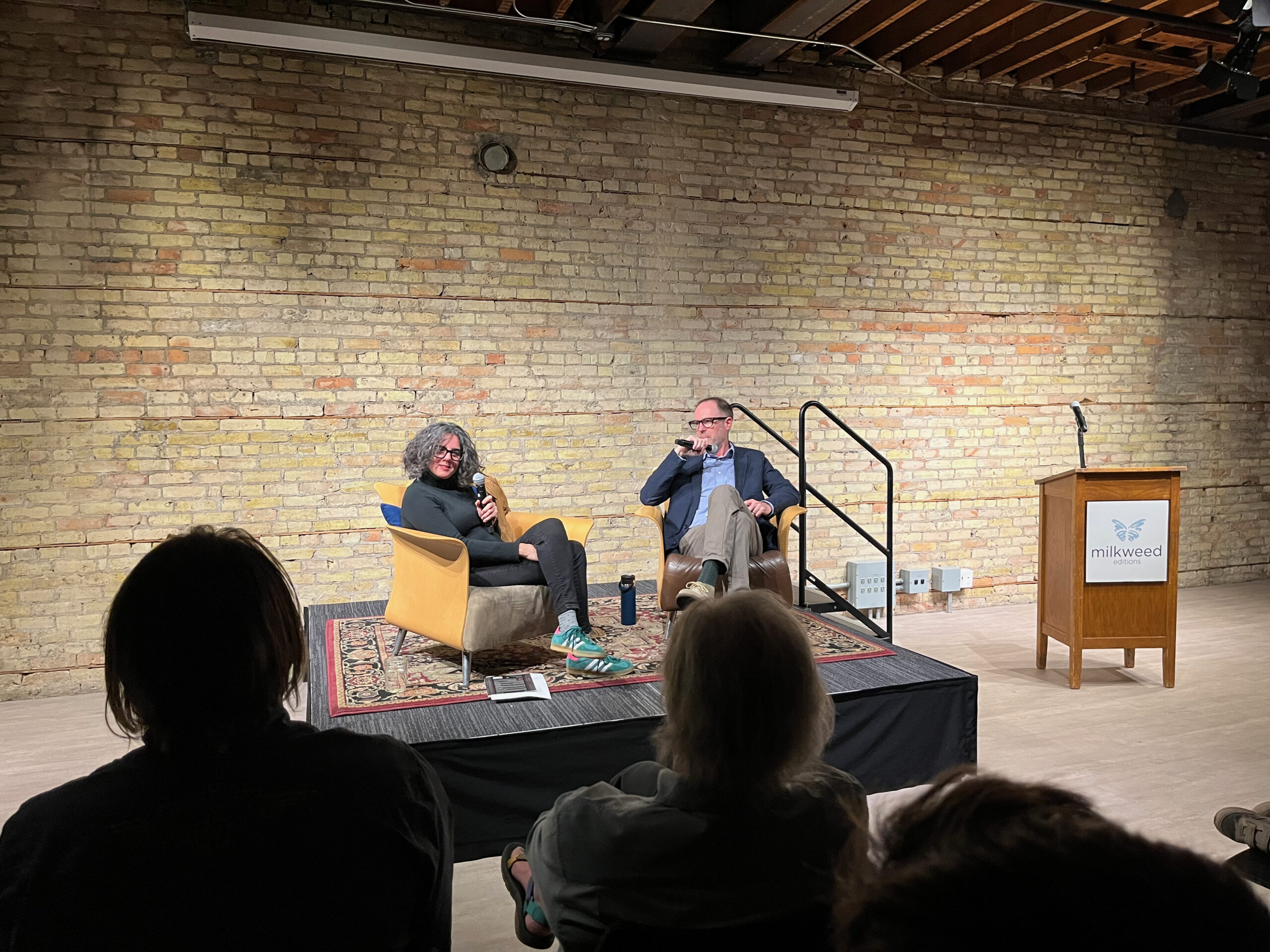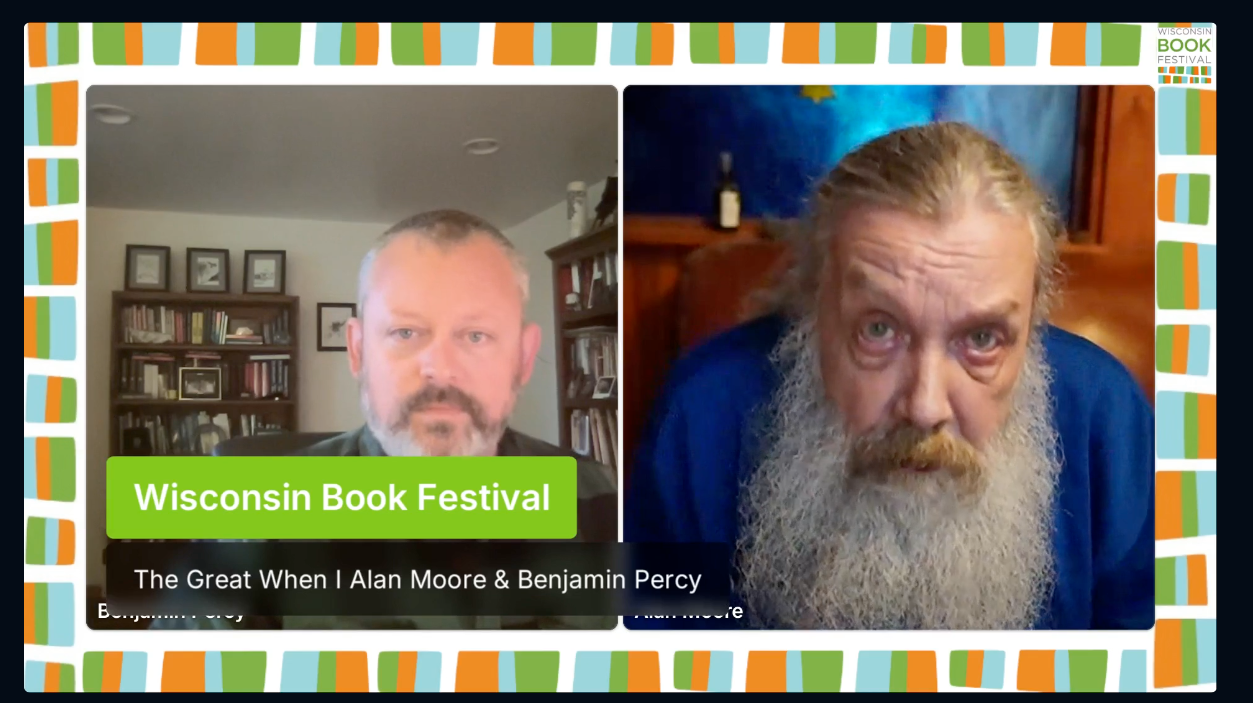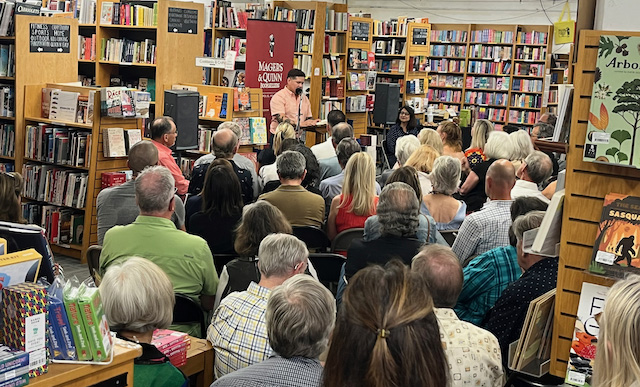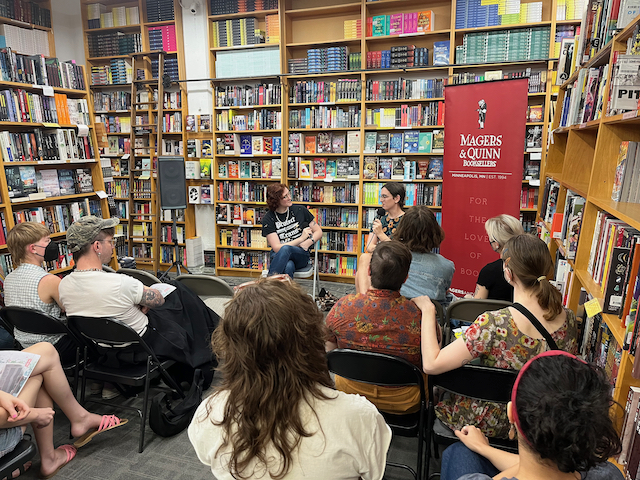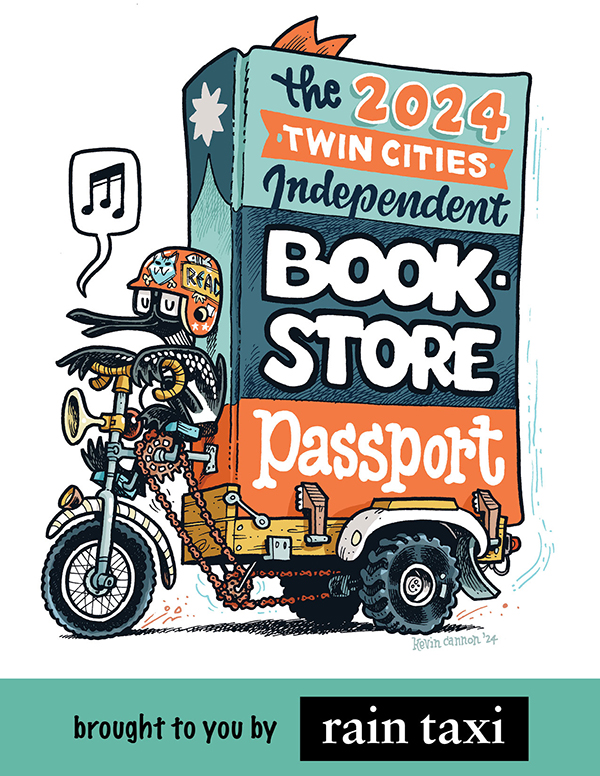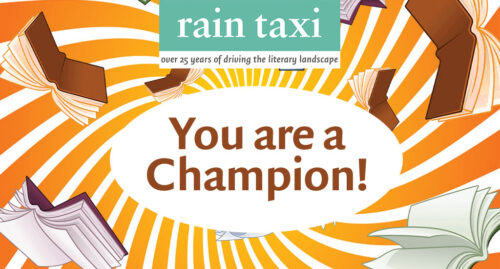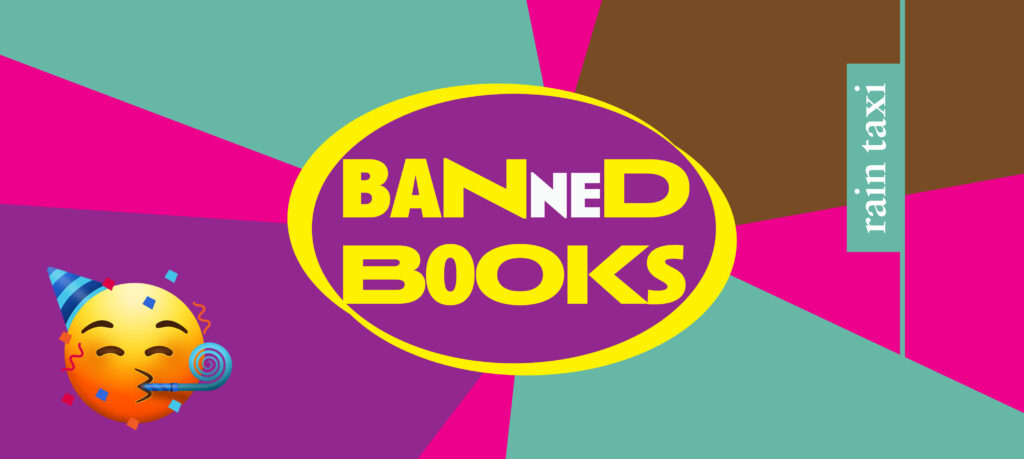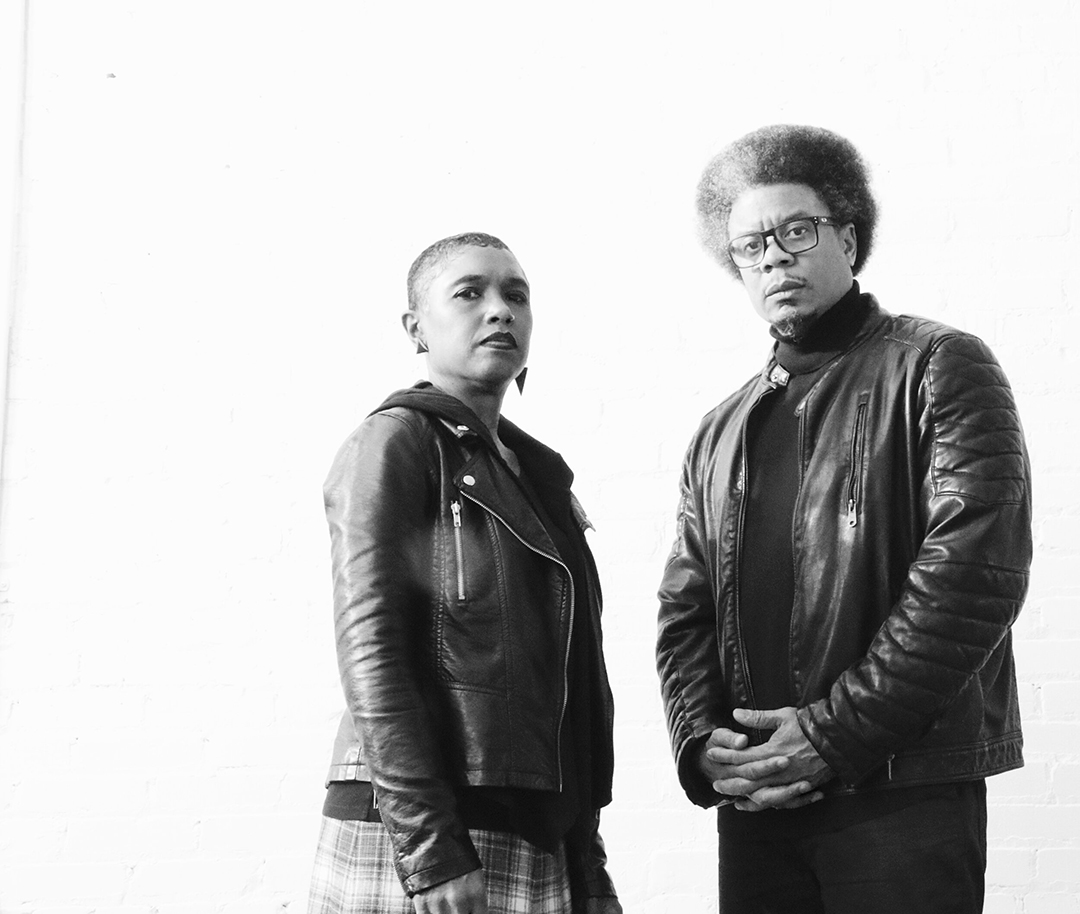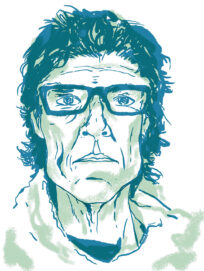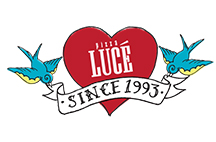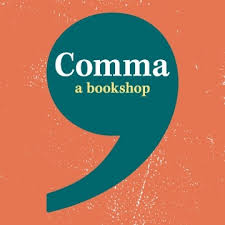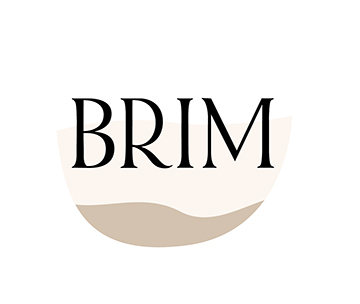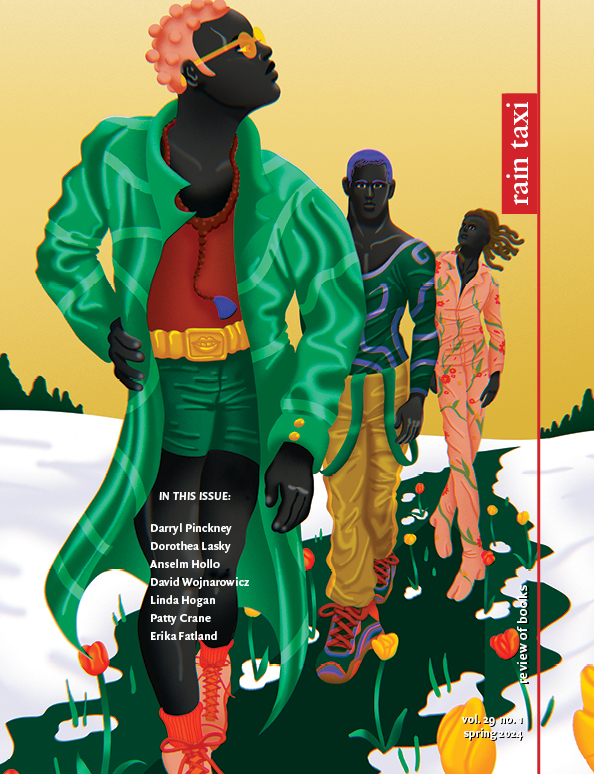
© JoAnn Verburg; courtesy Pace Gallery
JoAnn Verburg’s current exhibit, Aftershocks, can be viewed at the Minneapolis Institute of Art through January 12, 2025. Click here for more info.
JoAnn Verburg received a BA in sociology from Ohio Wesleyan University and an MFA in Photography from the Rochester Institute of Technology. From 1977 to 1979, she served as the research director and photographer for the Rephotographic Survey Project, traveling throughout the American West to replicate the same wilderness views made by 19th-century frontier photographers. While heading Polaroid’s Visiting Artist Program in the late 1970s and early 1980s, Verburg promoted technical innovation in the photographic field by inviting artists Chuck Close, Andy Warhol, William Wegman, and Jim Dine, among others, to experiment with new large format instant cameras.
Distinguished by its extraordinary sensitivity to the energy and sensuality of the natural world, Verburg’s own photographic work combines exquisite color, varied focus, and thoughtful composition to convey the beauty of its subject and setting. Often presented as diptychs and triptychs, her images of olive groves near her home in Spoleto, to which she has returned for over 30 years, envelop the viewer in a serene, dreamlike atmosphere and explore the passage of time both literally and figuratively. Verburg lives and works in Minneapolis and Spoleto, Italy. Visit her website for more info.

